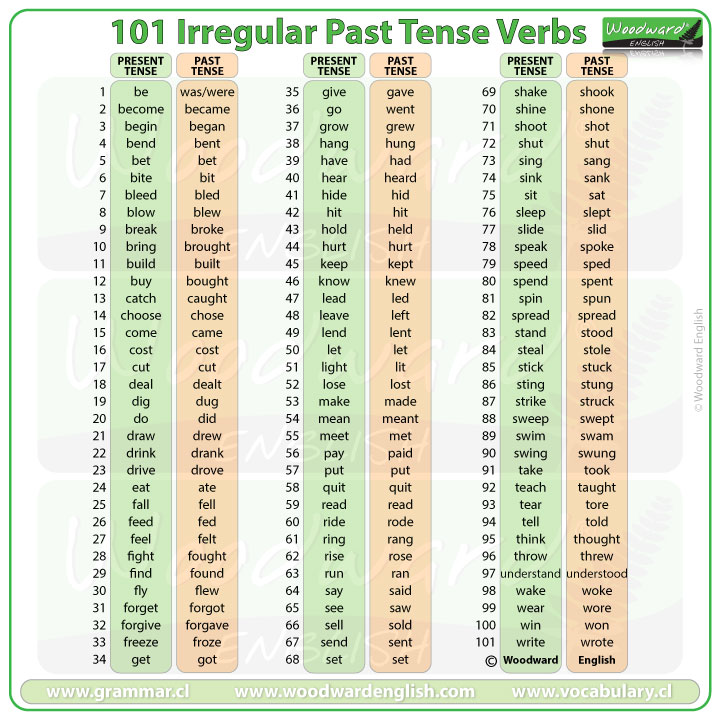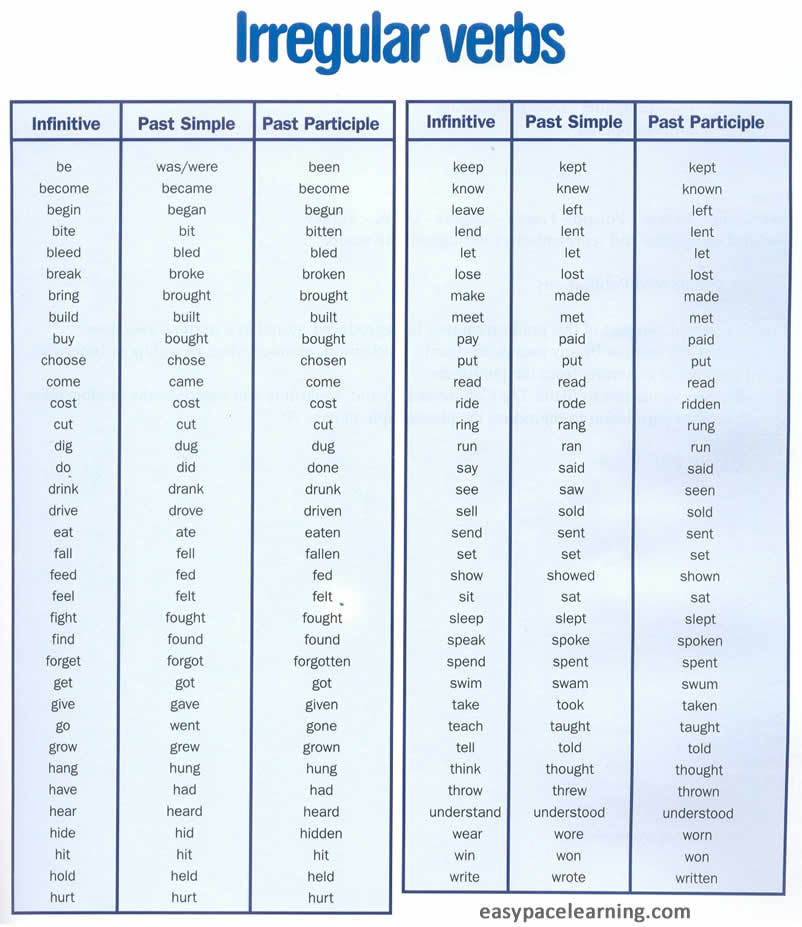
He has bent over so many times today that his back now hurts. If the tense in question Is Present Perfect Tense the service is have become or has become.

Past Participles as Adjectives.
The past participle of become. The V3 version is the same as the first version different from the V2 version. The V3 version of this verb is become Become is used in the case of Past Perfect Tense or Present Perfect Tense. If the tense in question Is Present Perfect Tense the service is have become or has become.
HeSheIt has been becoming. I have been becoming. YouWeThey have been becoming.
HeSheIt became or nonstandard becomed. I became or nonstandard becomed. YouWeThey became or nonstandard becomed.
Become Past Simple Simple Past Tense of Become Past Participle V1 V2 V3 Form Of Become When learning English you need to know the meaning of certain words first and then sort the words appropriately according to grammatical rules. The past tense of become is became or becomed archaic nonstandard poetic. The third-person singular simple present indicative form of become is becomes.
The present participle of become is becoming. The past participle of become is become or becomen rare or dialect. Learn how to use these example sentences of the verb become in all tenses including active and passive forms as well as conditional and modal forms.
Base Form become Past Simple became Past Participle become Gerund becoming. He often becomes sad when he watches a film. Present Simple Passive.
Heres the past participle. Here it is used as an adjective. Here it is used to form a verb tense.
She had whispered him the answer. There are two types of participles. The Past Participle Past participles usually end with -ed -d -t -en or -n The Present Participle All present participles end with -ing.
The following is a list of 101 irregular past participles in English with example sentences. Present tense Past Participle. Example Sentence be been.
I have been busy all day. They have just become angry with each other. We have begun a new project.
He has bent over so many times today that his back now hurts. Become third-person singular simple present becomes present participle becoming simple past became past participle become or rare dialectal becomen intransitive obsolete To arrive come to a place. Dozens and dozens of English verbs have irregular past tense forms as well as irregular past participles.
If you are studying English grammar you may want to memorize the common irregular past and past participles listed here. This list is not exhaustive by any means but these are common verbs English speakers use every day. The boy has become a man.
After she explained the ideas they became clear. Formal If something becomes someone it suits them or looks good on them. It really becomes you.
The past participle of become. In grammar the definition of past participle is a nonfinite verb used to signify a perfective aspect. In summary a past participle is formed from the past tense of a verb.
It is used to create verb forms and may also modify nouns noun phrases adjectives and adjective phrases. In the second sentence baffled is still a past participle but the action will have been started and completed entirely in the presentThe past participle includes an implied auxiliary verbhaving beenso the full sentence would read. Having been baffled by your attitude I cannot help youThe action of being baffled starts and is completed entirely in the present as is the nonaction.
Past Tense Of Has Past Participle Form of Has Has Had Had V1 V2 V3 Past Tense of Has We use the word has very often in our daily life. In this post we will examine the details of this widely used expression. If you are ready lets start.
Meaning The meaning of this word is possessing something. In a nutshell it means holding a property or object. In order to form the Present Perfect and Past Perfect tenses you need to know the past participles.
Because many English verbs are irregular it can be difficult to remember them. Here is a handy reference list of the most common irregular past participles. Past Participles as Adjectives.
Past participles can also be used as an adjective to describe a noun. Below are some examples. You should walk cautiously on the frozen pond.
The past participle form of freeze describes the pond. The exhausted athlete needed take a break and recharge. The past participle of exhaust describes the athlete.
Verb Past Past Participle.